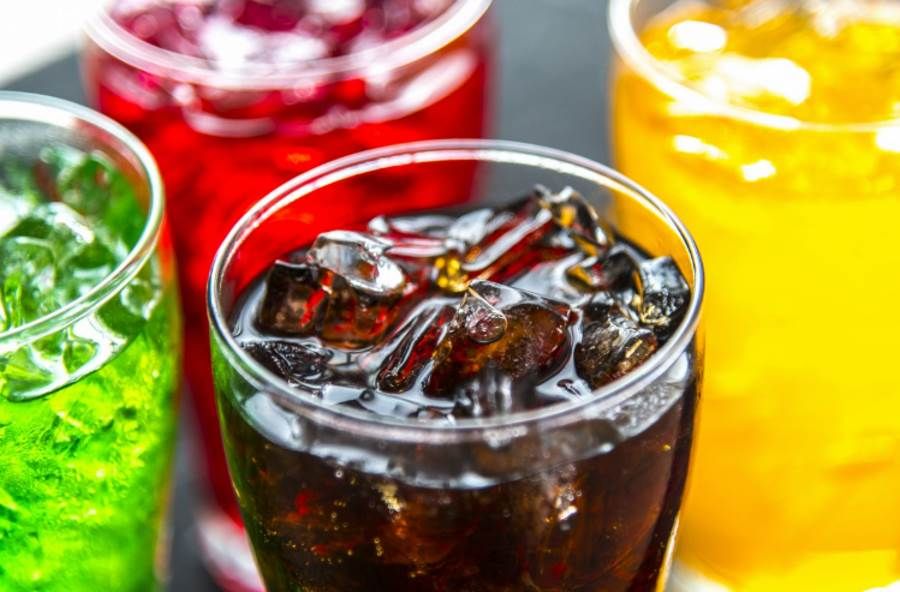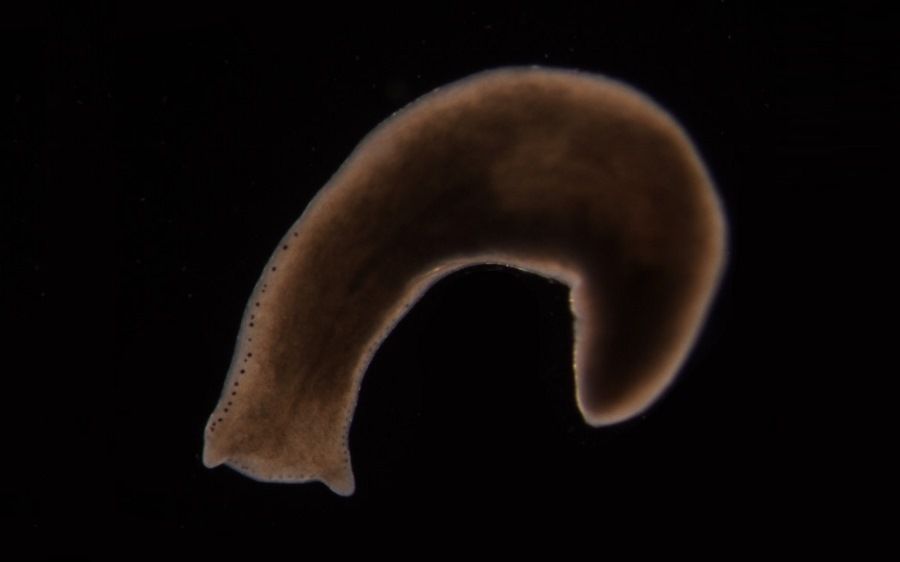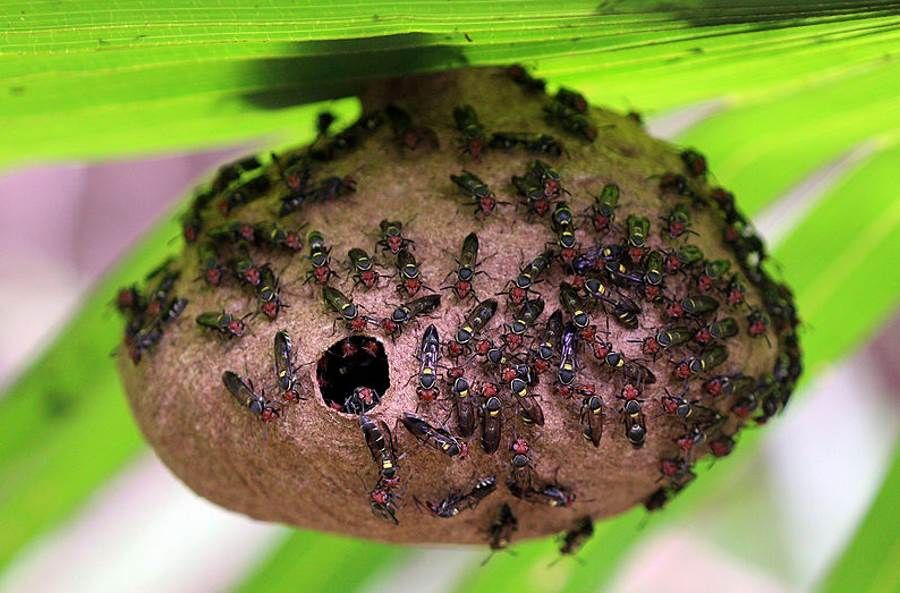Artificial sweeteners have toxic effects on gut microbes
Artificial sweeteners are becoming increasingly controversial, which seems to be confirmed by a recent study that found six of the most popular sweeteners to be toxic to gut microbes.
Supportolne studies conducted by scientistsow from Ben-Gurion University of the Negev in Israel and Nanyang Technological University in Singapore showed the toxicity of six artificial sweeteners: aspartame, sucralose, saccharin, neotame, advantam and acesulfame K. The study shows that bacteria in our digestive system are poisoned already at very low concentrations of the substances mentioned.
The study appeared in the journal „Molecules”.
– We modified the bioluminescent bacteria E. coli, ktore glow when they detect toxic substances. They act as a model for a complex microbial systemoin human intestines – said Professor Ariel Kushmaro, head of theowny author of the publication.
As Kushmaro pointed out, the artificial sweeteners hindered the development ofoj and the proliferation of microbialoin the intestinal. The researchers measured the level of luminescence and the rozwoj gut bacteria subjected to roThe higher concentrations of rotive sweetenersow. It turned out that there is prog concentrations, above whichorego all tested substances showed toxic effects on intestinal bacteria. In someoIn some cases, as little as 1 mg/ml was sufficient.
– This is another evidenceod on the fact that consuming artificial sweetenersow adversely affects the activity of gut bacteria, which can cause a wide range of problemsoin health – added.
Importantly, all six substances discussed in the paper were approved by the FDA (Food and Drug Administrationoin the U.S. Food and Drug Administration, FDA) recognized as safe, although there is still no consensus in the scientific community about their impact on our health, and a positive FDA opinion for a product is considered a kind of quality determinant in many countries of the world. Although more than 200,000 studies have been conducted on these sugar substitutes, still little is known about the effect of theoin health consumption of sweetenersow. The only thing that can be said with certainty is that the consumption of artificial sweetenersoin moderate amounts is unlikely to contribute to cancer in humans.
Artificial sweeteners are used in countless food products and sugar-reduced soft drinks. Many osob, ktore counting the number of calories consumed choose beverages with added sweeteneroin, as the healthier ones. Some consume sweeteners without their knowledge. Recent studies have found that artificial sweeteners affect environmental pollution and have been found in aquifers in theod ground.
This is not the first paper on artificial sweeteners, whichorej the results are alarming. Previous studies have suggested that consuming sweetenersoin is associated with higher rates of diabetes, high blood pressure and strokeoin mozgu.
– The results of this study may helpoc in understanding the relative toxicity of artificial sweeteners and the potential negative effects not only on gut bacteria, but also on the environment – noted Kushmaro. The researcher added that he personally does not recommend the use of artificial sweetenersow.



